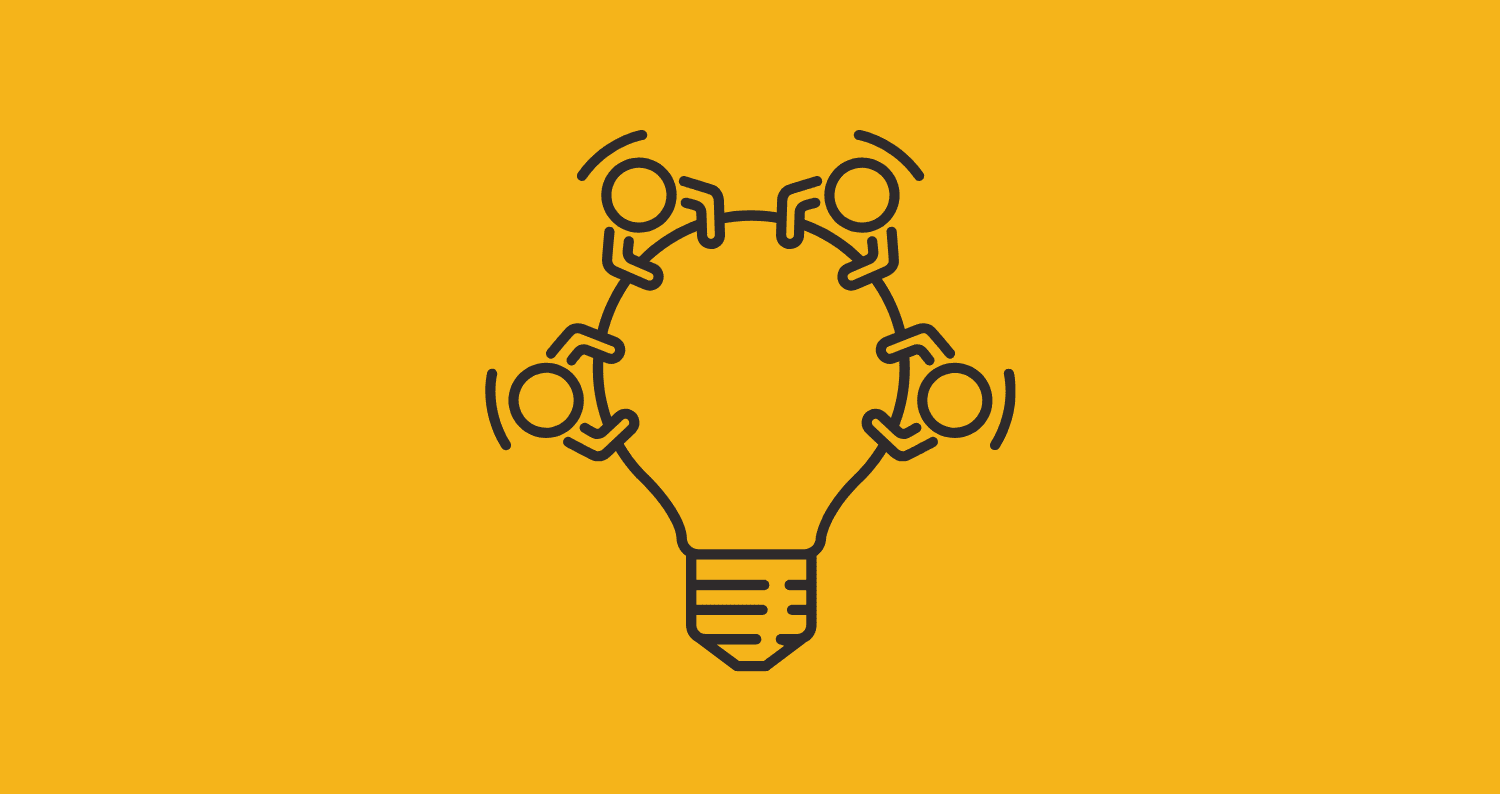
A Leader’s Guide Beyond Basic Responsibility
Most definitions of accountability miss its true essence. While dictionaries might describe it as “being answerable” or “taking responsibility,” real accountability runs deeper. Let’s explore what accountability truly means in practice and why understanding it correctly transforms both leadership and results.
The Evolution of Accountability
The concept of accountability has evolved far beyond its original meaning of simply counting and reporting. In today’s complex business environment, it represents something far more nuanced and powerful – the conscious choice to own outcomes, not just actions.
Think of accountability like gravity – it’s a force that exists whether we acknowledge it or not. But unlike gravity, we can choose how we interact with it. This choice defines our effectiveness as leaders and shapes our organizational cultures.
Moving Beyond Responsibility
One of the most common misconceptions is equating accountability with responsibility. While closely related, they’re distinctly different concepts with different impacts on performance and culture.
Responsibility is about what you’re supposed to do – the tasks and duties assigned to you. Accountability, however, goes deeper. It’s about owning the outcomes of those responsibilities, regardless of circumstances or challenges.
Key distinctions:
- Responsibility can be assigned; accountability is chosen
- Responsibility focuses on tasks; accountability embraces outcomes
- Responsibility ends at completion; accountability continues through impact
- Responsibility asks “what”; accountability asks “why” and “how”
The Three Dimensions of Accountability
True accountability operates on three distinct levels, each building upon the other to create comprehensive ownership:
Personal Accountability
At its foundation, accountability starts with personal choice. It’s about the commitments we make to ourselves and others, and how we honor those commitments. This internal dimension sets the tone for all other forms of accountability.
This means:
- Taking ownership before being asked
- Following through on commitments
- Learning from both success and failure
- Continuously improving performance
Professional Accountability
Beyond personal commitments lies professional accountability – how we show up in our roles and responsibilities. This dimension focuses on the impact we have on our organizations and stakeholders.
Professional accountability involves:
- Understanding broader impacts
- Anticipating needs and challenges
- Creating sustainable solutions
- Building trust through consistency
Cultural Accountability
The highest level of accountability influences organizational culture. This is where individual actions and choices shape collective behaviour and results.
Cultural accountability creates:
- Shared ownership of outcomes
- Proactive problem-solving
- Collaborative success
- Sustainable excellence
The Psychology of Accountability
Understanding what accountability means requires exploring its psychological dimensions. Our relationship with accountability often starts forming in childhood and continues evolving throughout our careers.
This psychological foundation influences:
- How we respond to challenges
- Whether we seek or avoid accountability
- How we handle success and failure
- Our approach to learning and growth
Accountability in Practice
Real accountability manifests in specific behaviours and practices that distinguish it from simple responsibility or compliance.
Observable indicators of true accountability:
- Proactive communication
- Solution-focused thinking
- Continuous improvement
- Ownership of outcomes
- Learning from experience
The Impact of True Accountability
When properly understood and practiced, accountability creates transformative effects across organizations:
Individual Impact
- Increased confidence
- Better decision-making
- Stronger relationships
- Enhanced career growth
Team Impact
- Higher trust levels
- Improved collaboration
- Better results
- Stronger innovation
Organizational Impact
- Sustainable performance
- Stronger culture
- Better adaptation
- Enhanced reputation
Building Accountability
Understanding what accountability means is just the first step. Building it requires intentional effort and consistent practice.
Key development areas:
- Clear expectations
- Regular feedback
- Support systems
- Growth opportunities
- Recognition practices
Common Misunderstandings
Many accountability initiatives fail because they’re based on flawed understandings of what accountability really means.
Avoiding these pitfalls requires:
- Moving beyond blame
- Understanding systemic factors
- Supporting growth
- Creating psychological safety
Leading with Accountability
Leaders play a crucial role in demonstrating and developing accountability in others. This starts with modeling what true accountability looks like in practice.
Leadership practices that build accountability:
- Transparent decision-making
- Consistent follow-through
- Open communication
- Active support
Moving Forward
Understanding what accountability truly means transforms how we approach leadership and performance. Start by:
- Assessing your current accountability understanding
- Identifying growth opportunities
- Creating development plans
- Building support systems
Ready to deepen your understanding and practice of accountability? Let’s explore how targeted coaching can help you build stronger accountability practices.
continue reading
More Playbooks...
Discover what is the ladder of accountability and how to use it as a powerful framework for developing your team.
Discover 7 common accountability scenarios that undermine team performance and learn practical conversation frameworks to address each one.
Discover how an accountability coaching program transforms team performance without adding pressure, time, or headcount.




